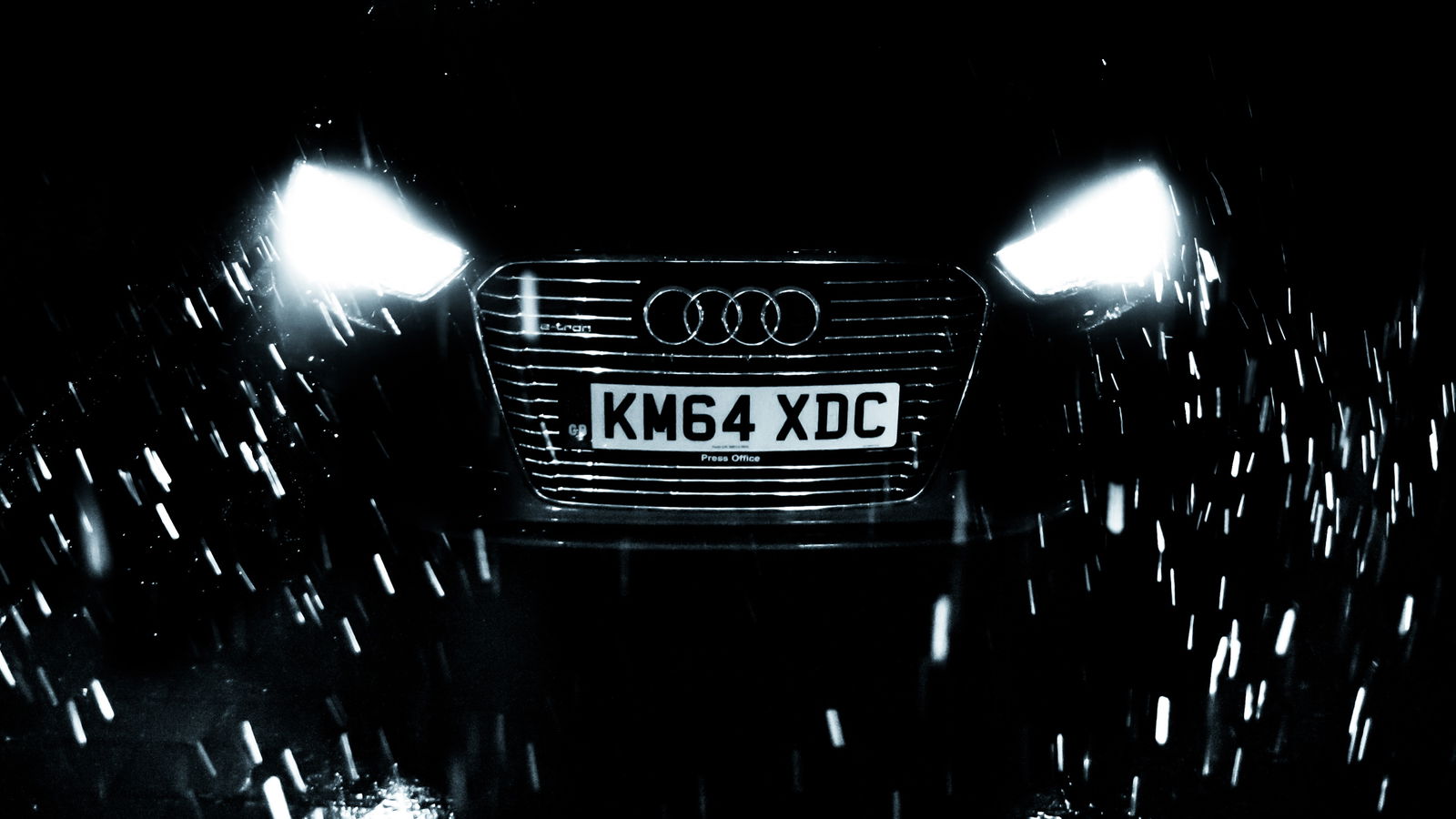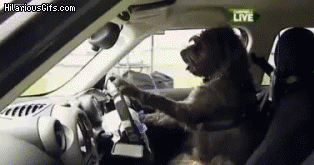7 Modern Car Technologies That Don't Work Properly Yet

1. Automatic full beam

The idea is that sensors can tell when you’re following someone, or if a car is driving towards you, and dips the headlights accordingly. The problem is it can be slow to react, blinding fellow motorists. Other times it doesn’t flick to full beam even when there’s nothing coming. You’re better off just doing it yourself.
2. Automatic windscreen wipers

The heavens have opened, but as far as your car’s concerned there’s but a mere drizzle spattering the windscreen. A veritable lake forms on the glass before the blades casually brush it off. Then when the rain subsides your wipers go into hyperdrive, slicing back and forth with the ferocity of a sword-wielding ninja on one too many Red Bulls.
3. Adaptive cruise control

In principal, this is great. Hit the motorway, turn cruise control on, and even if you catch slower vehicles the car will slow you down until they get the hell out of your way. In practice, however, it’s not quite so simple. In traffic, where you’d normally switch off cruise control, you’re tempted to leave it on. If another car indicates into the gap between you and the car in front, the cruise control can be slow to react, leaving you with a heart-stopping moment where you’re not sure if your almost-autonomous car is about to rear end the poor chap in front. Also, some systems are known to randomly slow you down when there’s nothing at all in front.
Another idea that’s great in principal. Hill starts induce panic in some people, so a system that stops them rolling back into someone else’s car is ideal. Unfortunately, for those of us who are actually capable of holding the handbrake/brake while we engage the clutch, automatic systems can be a bit jerky. The problem comes when the brakes continue to grip even after the clutch has begun engaged. When the brakes are suddenly let off, you jump forward in an undignified manner.
5. Radio gets louder as you drive faster

This is a classic case of fixing a problem that doesn’t really exist, especially with modern cars’ excellent sound deadening. Basically, the idea is that the volume increases as you drive faster, to keep the radio at the same level as road/engine noise increases. Except the transition isn’t smooth. Suddenly you’ll notice that the audio has been flicked up a few notches, and you’ll just want to turn it down.
6. Electronic handbrakes

The death of the manual handbrake is one of the hardest things for petrolheads to take. Everyone knows a perfectly executed handbrake turn in a supermarket car park is the best way to pull the opposite sex. Or so they say. But from a practical point of view, some cars don’t engage the handbrake immediately when you flick the switch. There’s a momentary roll after you lift your foot off the brake, leading you to believe you’re going to roll away.
This is a problem that can be encountered in a number of cars with trick limited-slip differentials. The most prominent example we found was in the F80 M3. The LSD encourages you to drive a particular way when the back gets a bit loose, but suddenly the traction control system decides to cut the power. This makes correcting slides smoothly an impossibility.
Then there’s the Seat Leon Cupra. It has an incredible locking front differential that tightens your line the more power you lob through it, but from time to time the traction control decides to take power away, so you end up washing wide.
Fortunately, this issue is easy to sort: just turn the traction control off.
Any other examples of modern car tech failures you can think of?


Comments